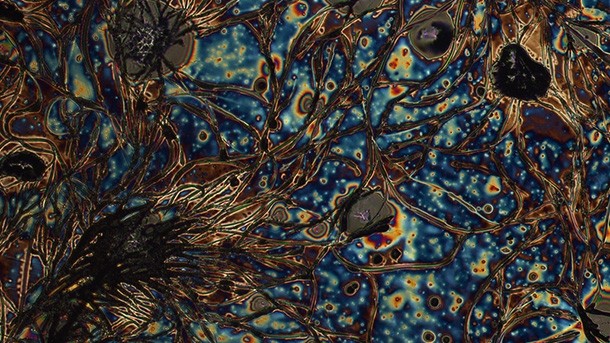Australia
Green group calls for ban on nanomaterials

According to a report by Friends of the Earth, nanomaterials are being used in many applications from food additives and supplements to packaging, coatings and pesticides.
The report claimed that Australian companies have virtually no restrictions on the import of nanomaterials or products containing them, and nano-products can be purchased easily from overseas, which is pushing their use in the food chain.
“The pace of peer-reviewed science examining the environmental, health and safety issues associated with nanotechnology lags far behind the commercialisation,” the report said.
“Even so, since 2008 there has been a growing body of evidence indicating that certain nanomaterials may be harmful.”
The group called on regulators to enforce a moratorium on the production and sale of new products containing nanomaterials until the necessary research is conducted and regulations are put in place.
It also called for a mandatory and public register of nanomaterials and products containing nanomaterials in Australia, and that products should acknowledge such content through their labelling.
Alarmist?
The report pointed to the growing evidence that two of the most widely used nanomaterials used in the food sector—nano-silver and nano-titanium dioxide—may be harmful to human health.
“The public has not been kept well engaged or informed, either of the potential environmental, health and safety issues associated with nanomaterials, or regarding the numerous products that now contain them,” the report said.
However, Professor Michael Cortie, director of UTS Institute for Nanoscale Technology at the University of Technology Sydney, said the report was “overly alarmist and somewhat simplistic in nature”.
“For a start, there is no hard-and-fast difference between ordinary materials and nanomaterials, with the distinction being merely one of scale or degree. We are surrounded in our everyday environment by both artificial and manmade nanomaterials and nanoparticles,” Cortie said
He stressed that it is specific aspects of the physical or chemical nature that determines the health effects of nanomaterials, not some catchall property of “nano-ness.”
“Zinc oxide, for example, was cited in the report as being harmful. Certainly zinc ions in solution are relatively toxic to aquatic organisms and yet the urban environment abounds with zinc, both from corrosion products from the ubiquitous galvanised steel in our infrastructure and from the 3% or 4% by mass zinc oxide in every motorcar's tyres.”
Cortie emphasised that the point to consider is that a blanket ban on the use of human-made nanomaterials is nonsensical. “Rather, as is always the case, each substance introduced into the food chain needs to assessed rationally and on its own merits.”
Regulators slacking
The report also pointed a finger at Australian regulators, stating that they still don’t even have an agreed nanomaterial standard, and are maintaining a hands-off attitude to regulation, preferring instead to keep a passive watch.
“This report reveals that the claim by regulators that no food and agricultural products containing nanomaterials is available in Australia is incorrect and that chemical companies are not declaring the nanomaterials they are using,” it said.
“It is clear that our food regulator, Food Standards Australia New Zealand, and our agricultural chemicals regulator, the Australian Pesticide and Veterinary Medicines Authority, are not exercising the necessary level of diligence.”
However, Professor Ian Rae, an honorary professorial fellow at the University of Melbourne and former president of the Royal Australian Chemical Institute, disagreed.
“Australians can be assured that regulators are keeping an eye on nanomaterials in all fields of application. It's likely that fears of the impact of nanomaterials will turn out to have been exaggerated. The literature is already full of unsubstantiated scare stories,” he said.









